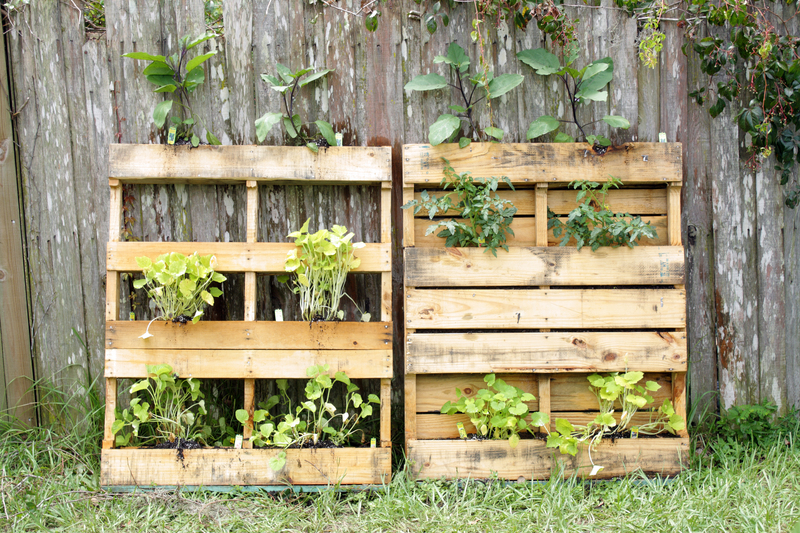Recycling Tips for Everyone
Recycling is a crucial part of waste management as it helps to minimize the overflow of garbage in landfills, reduces pollution, saves energy, and conserves natural resources. By recycling, we contribute to a more sustainable environment and mitigate the adverse effects of waste on our ecosystem.
Basic Recycling Tips
To start recycling effectively, it's essential to follow some basic tips that can make a significant impact.
- Segregate Waste: Always separate recyclable items from non-recyclable ones. Typical recyclables include paper, glass, plastic, and metal.
- Clean Your Recyclables: Ensure that all items are clean and free from food remnants to avoid contamination in the recycling process.
- Flatten Cardboards: Breaking down cardboard boxes saves space in your recycling bin and makes them easier to handle.
- Do Not Bag Recyclables: Recyclable items should be loose in the bin and not kept inside plastic bags.

Advanced Recycling Tips
Once you master the basics, here are some advanced tips to enhance your recycling efforts:
- Research Local Guidelines: Different areas have varying recycling regulations. Make sure you understand what can and cannot be recycled in your locality.
- Electronic Waste: E-waste like batteries, old phones, and electronics should be disposed of at designated e-waste recycling centers.
- Composting: Organic waste such as food scraps can be composted to create rich soil for your garden, reducing waste that goes to landfills.
- Reuse and Repurpose: Before tossing items into the recycling bin, consider if they can be reused or repurposed in another way.
Common Recycling Mistakes
Even with the best intentions, people often make mistakes when recycling. Here are some common errors to avoid:
- Recycling Plastic Bags: Plastic bags can jam machinery at recycling plants and should be taken to specific plastic bag recycling stations.
- Not Checking for Contaminants: Items with food residue or liquid can contaminate an entire batch of recyclables, rendering them unusable.
- Incorrect Disposal of Hazardous Materials: Hazardous materials like chemicals, paint, and batteries require special handling and should not be mixed with regular recyclables.
Pros and Cons of Recycling
Pros
- Reduces waste in landfills
- Conserves natural resources
- Decreases pollution and greenhouse gas emissions
- Saves energy compared to producing new materials
- Creates job opportunities in the recycling industry
Cons
- Can be costly due to the need for specialized facilities and processes
- Requires significant energy and resources to collect, transport, and process recyclables
- Not all materials are recyclable, leading to waste confusion
- Recycling contamination can reduce the efficiency and profitability of recycling efforts
Tips for Effective Recycling
- Educate yourself and others about recycling practices and benefits.
- Support recycling programs and initiatives in your community.
- Use products made from recycled materials to close the recycling loop.
- Encourage workplaces and schools to implement recycling programs.

Takeaways
- Recycling is a vital aspect of environmental conservation and waste management.
- Understanding basic and advanced recycling tips can enhance your recycling efficiency.
- Avoid common recycling mistakes to ensure that your efforts contribute positively.
- While recycling has significant benefits, it's also essential to be aware of its challenges and work towards minimizing them.




